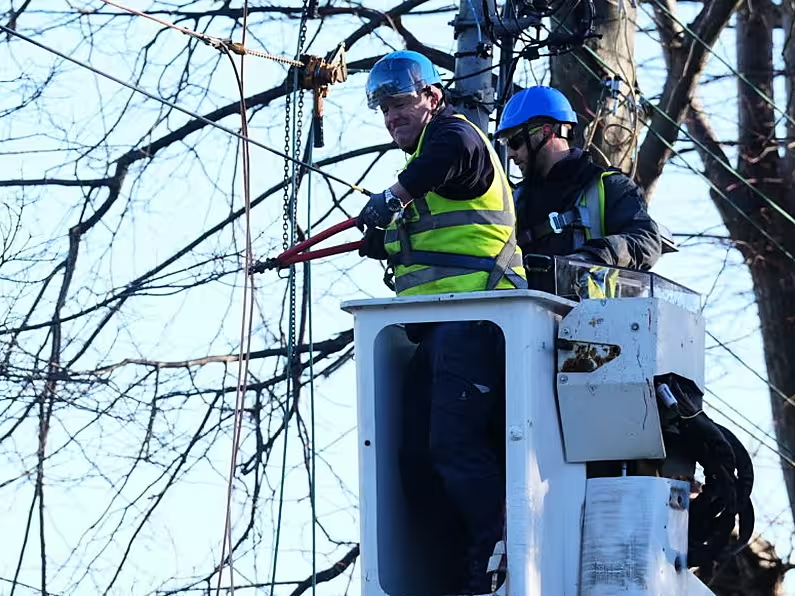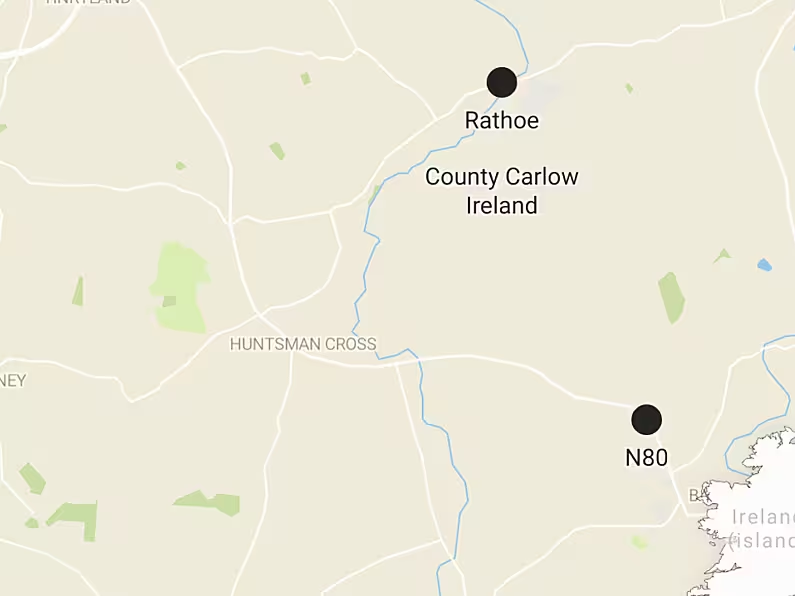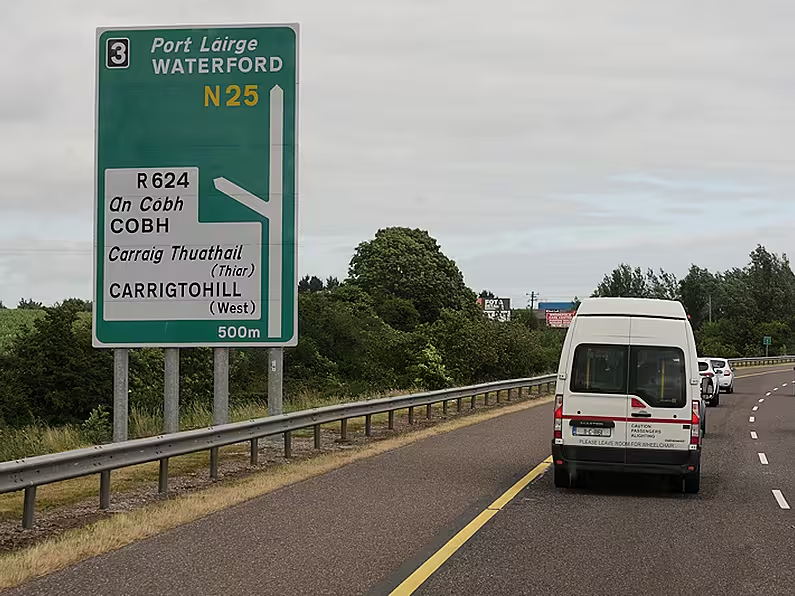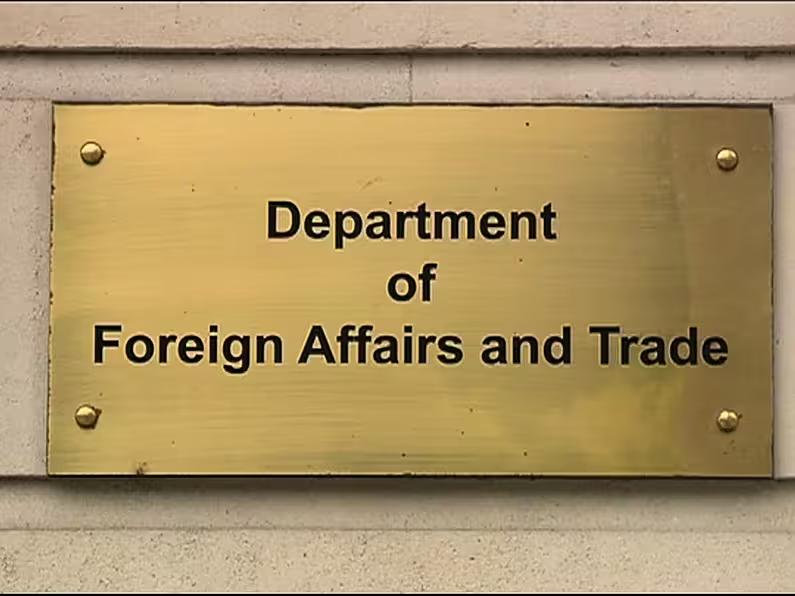Rent increases in so-called rent pressure zones are to be capped in line with inflation.
At present, landlords can increase rents for properties in areas designated as rent pressure zones by four per cent a year.
Inflation was under one per cent last year, and is currently at around two per cent.
Housing Minister Darragh O’Brien told Newstalk radio that the scheme will be reformed under new laws that will see landlords in breach of the law for rent increases exceeding inflation.
“They’re not going to be allowed to do that. The index in relation to inflation is published every month,” he said.
“So if I was getting a rent review, I was a tenant, next month they would look at the previous 12 months from June to June, and whatever that amount is – if it’s 1.6 per cent and they’re all published and easily got – that will be the maximum amount of rent increase that a landlord can apply.”
Stability
The Minister said linking rent increases to inflation will be “fairer” than the current system of rent pressures zones and will bring stability to the market.
“Increases don’t have to be applied as well and each tenant and landlord will negotiate themselves, but I think this is a much fairer way of doing it, I think it’s clearer for tenants and indeed for landlords too,” he said.
“We want, and I want, a sustainable private rental market, obviously we want to build up new forms of housing tenure like I’ve mentioned on the affordable housing for working people, both to buy and to rent, but in the short term this will deal with an issue that was of great concern to people.”
It comes as a new survey by national housing charity Threshold found 51 per cent of respondents to be paying more than 30 per cent of their income on rent.
Just one quarter of those renting in Ireland are doing so by choice, according to the survey.
More than half (56 per cent) of respondents said they rent because they are unable to buy their own home. A further 12 per cent said they rent because they cannot access social housing.












